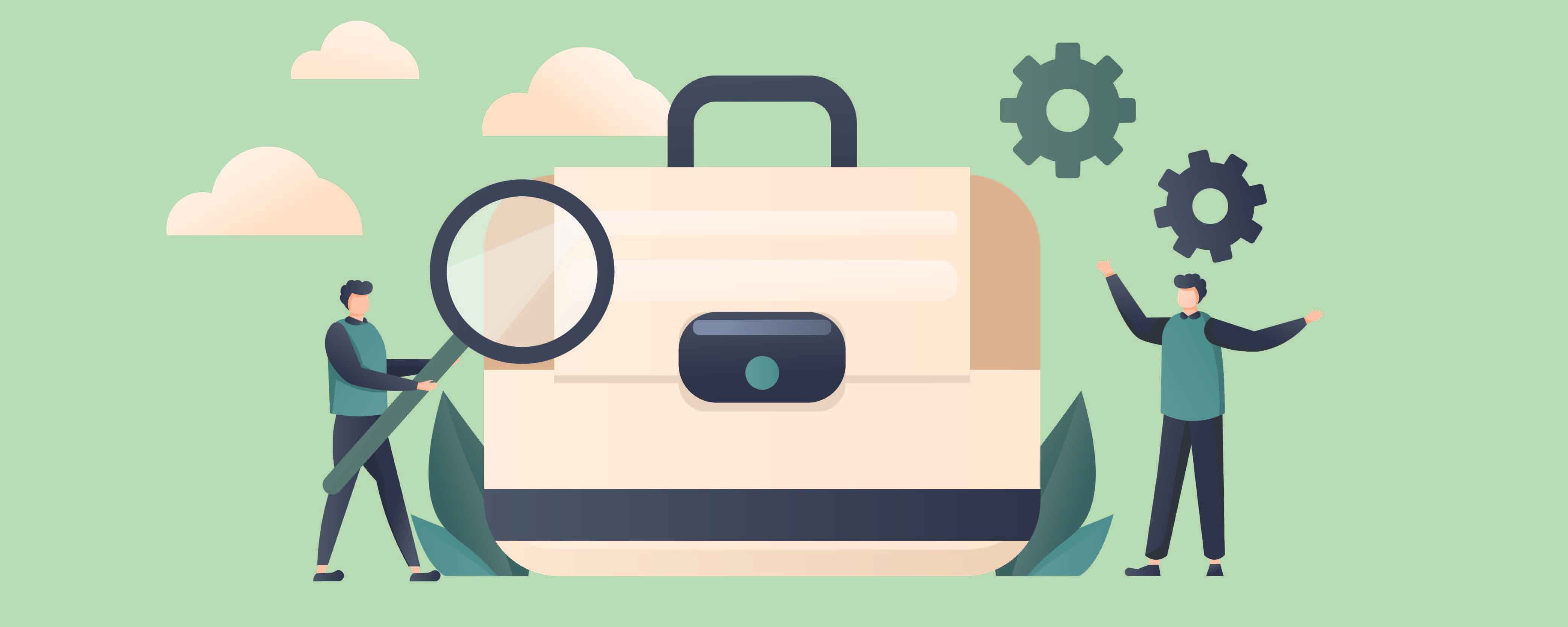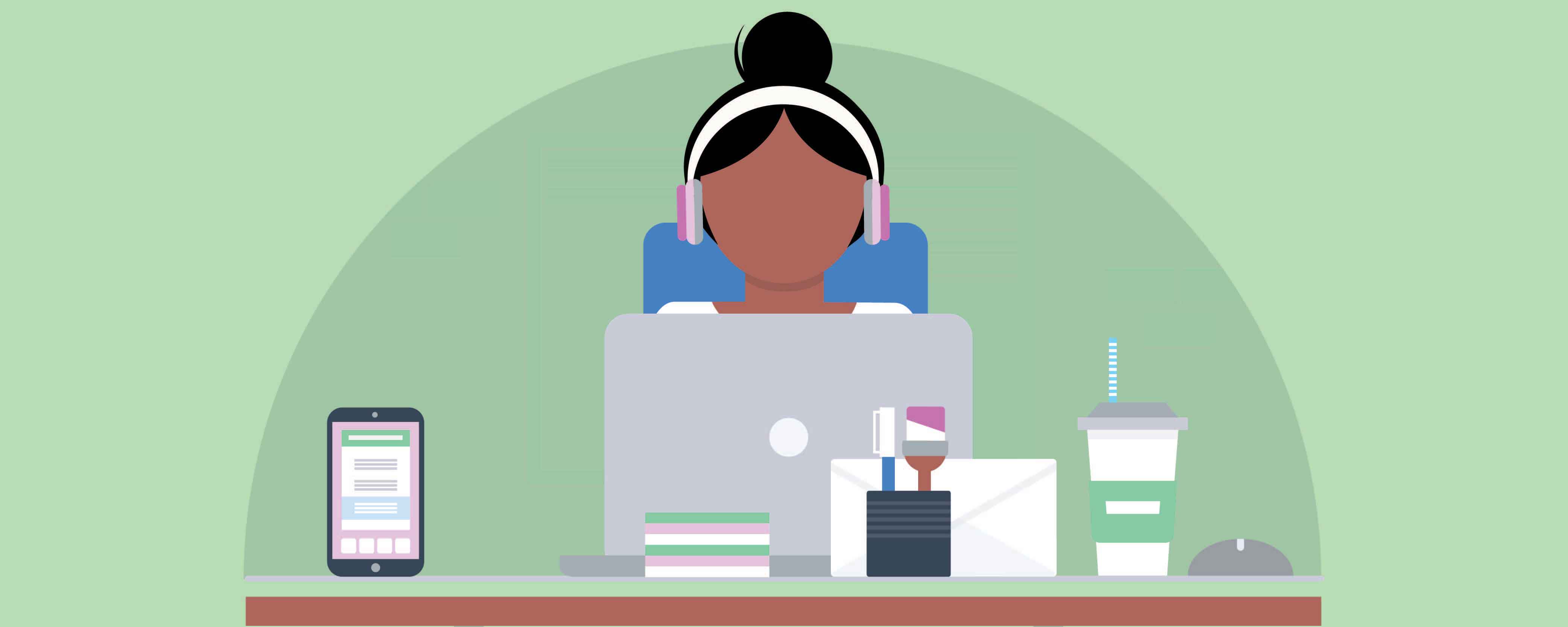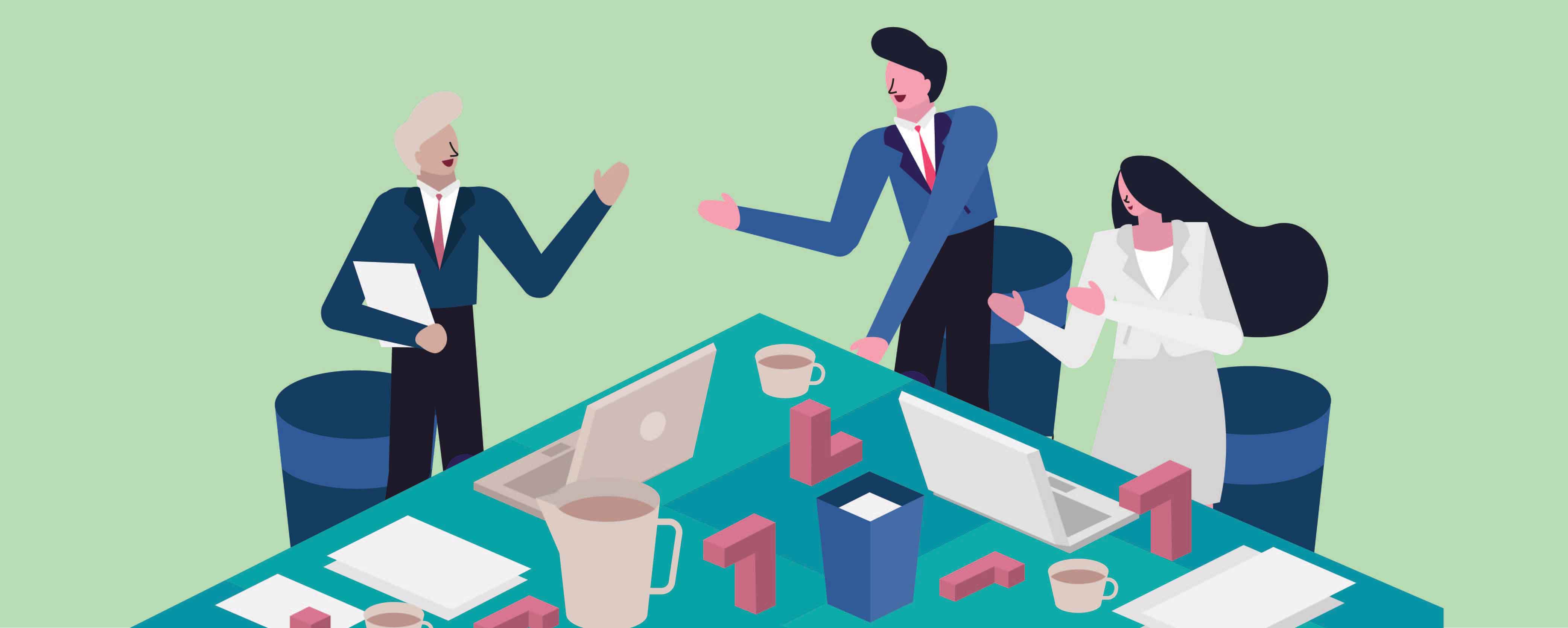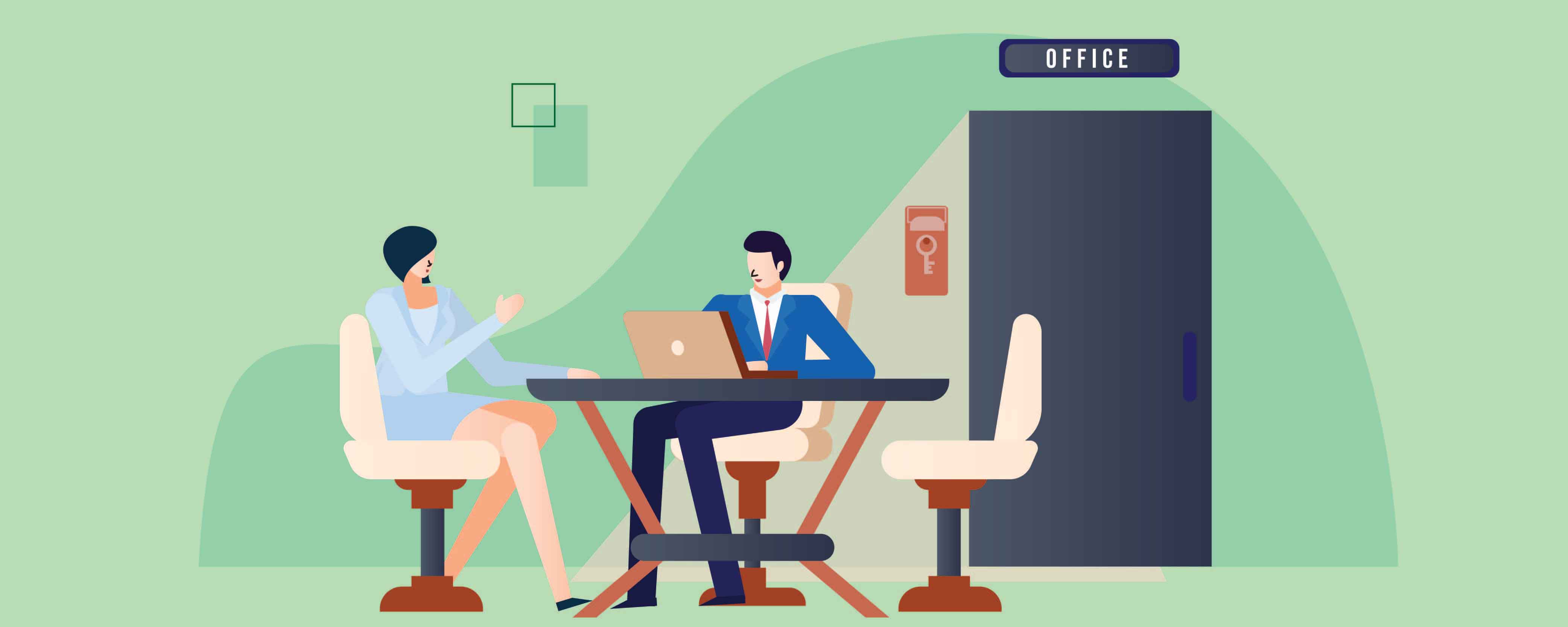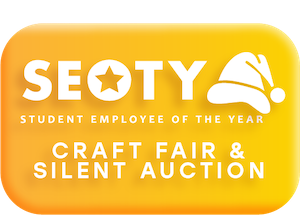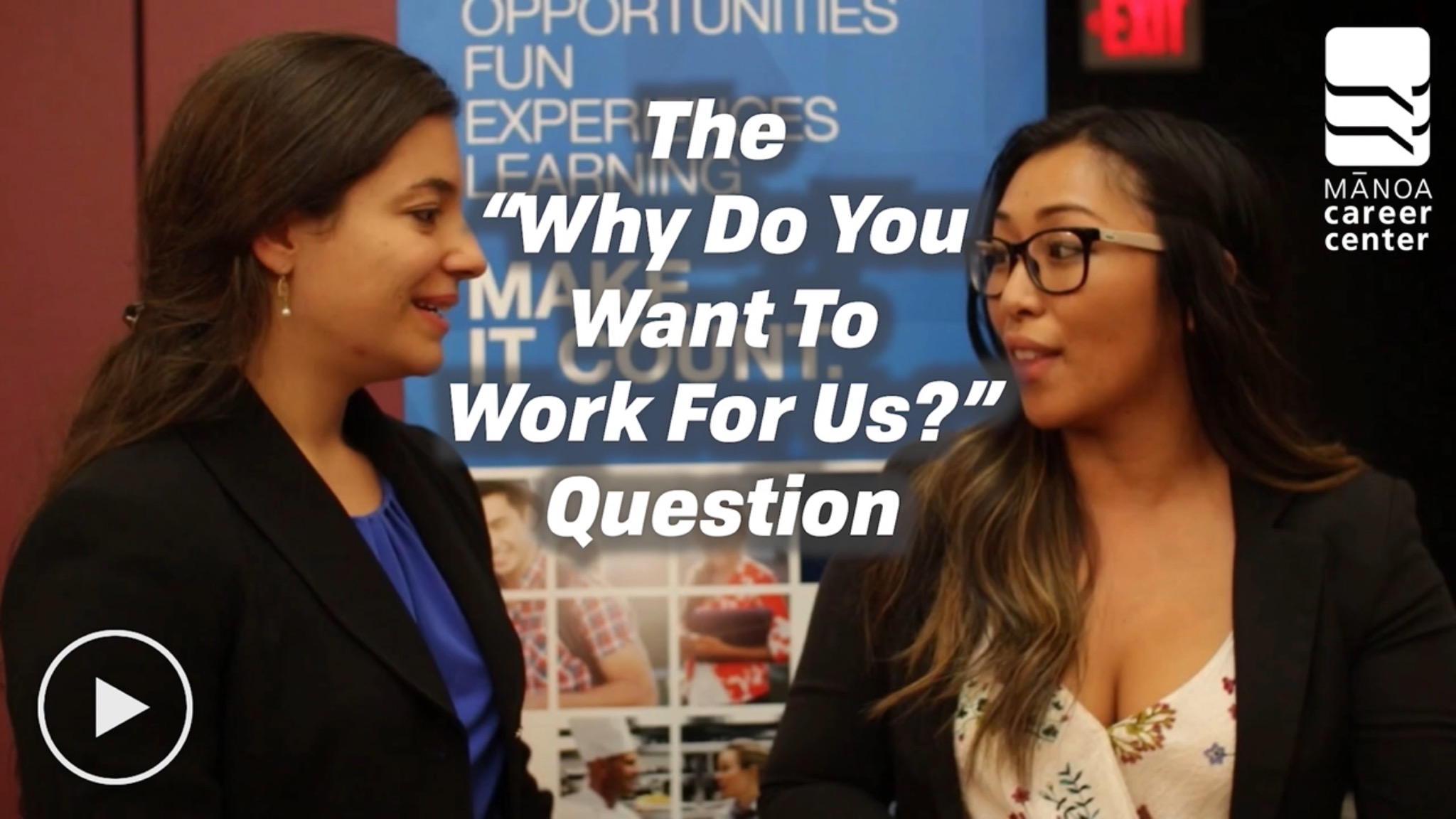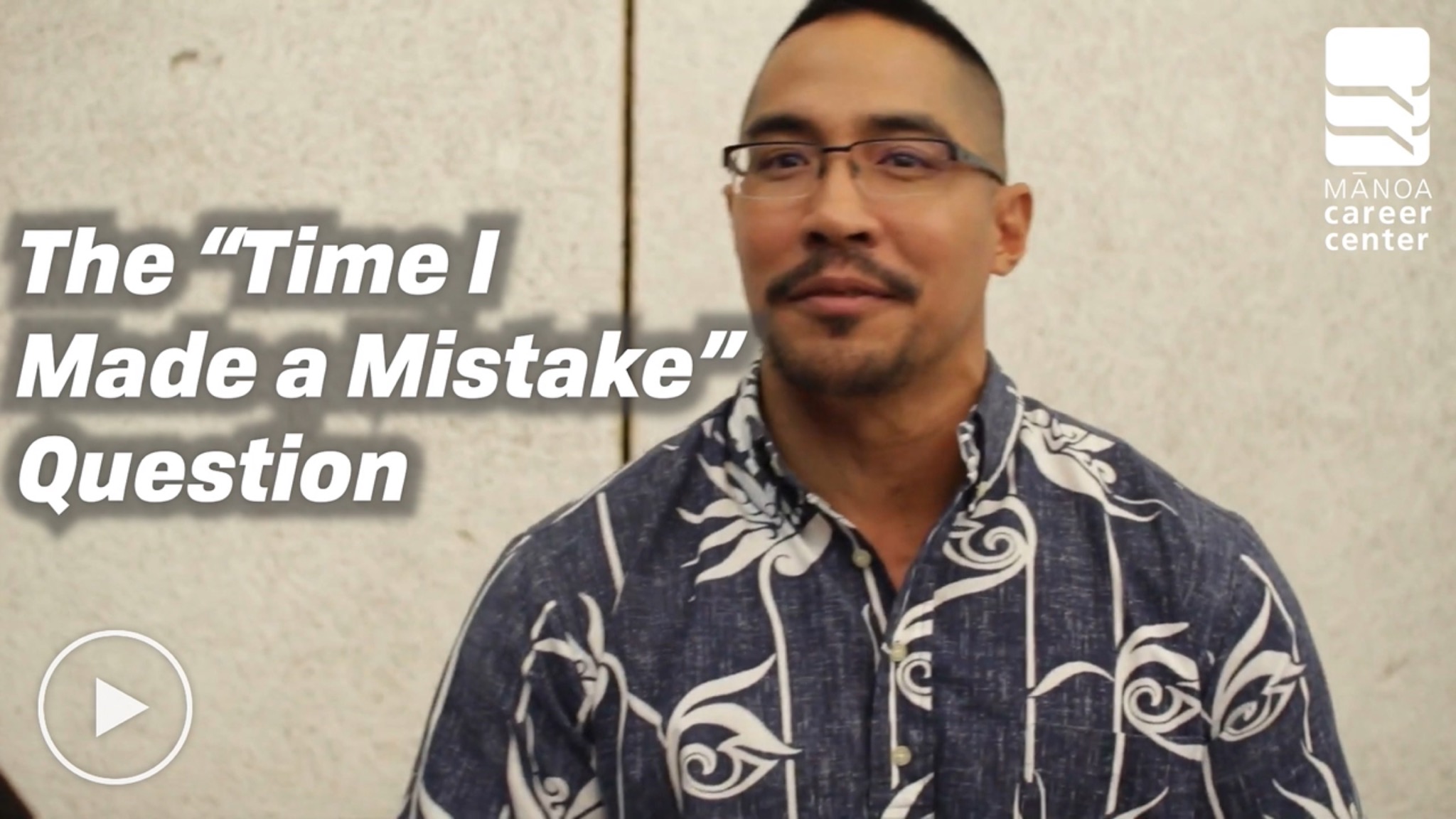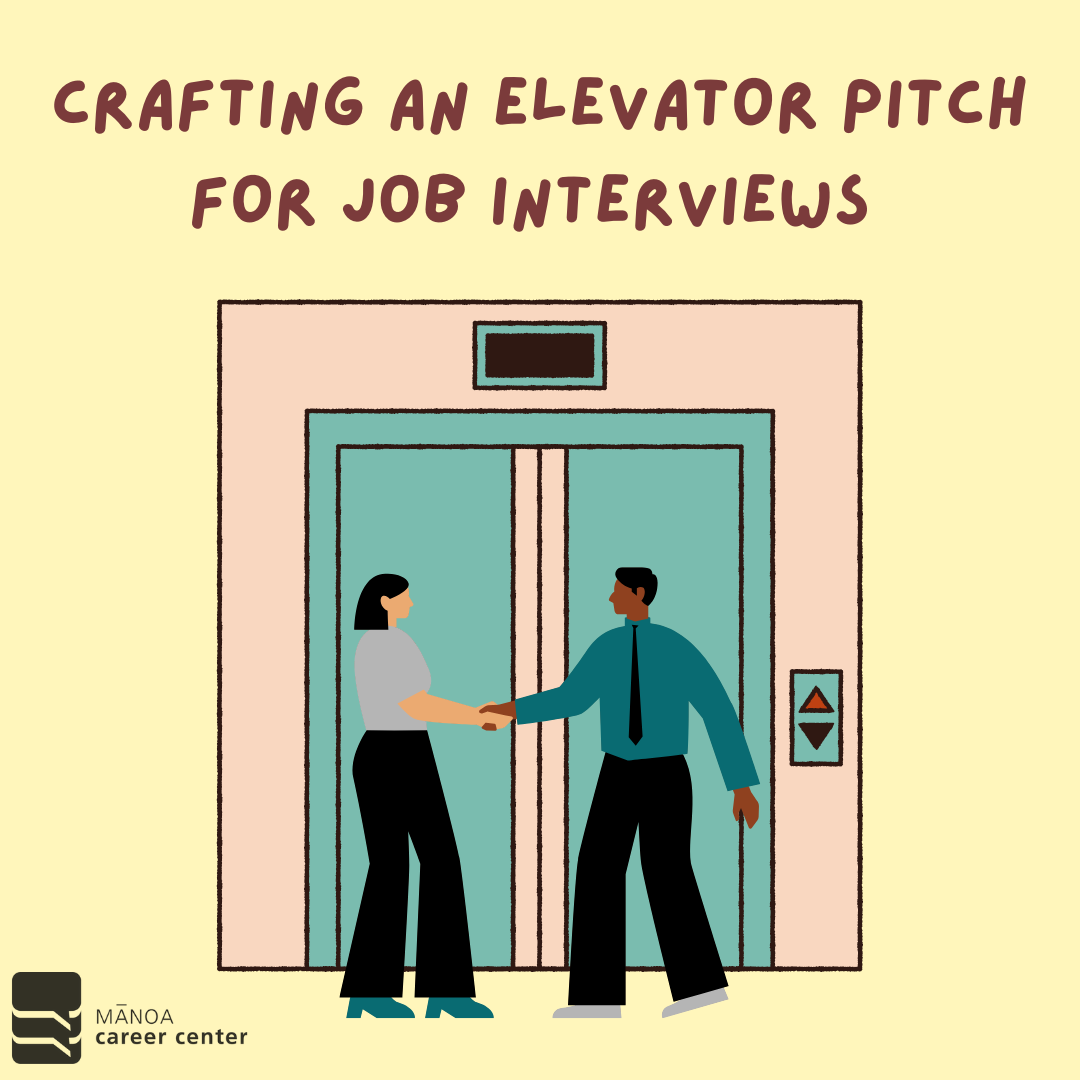Frequently Asked Questions
- What is Co-op?
- What are the advantages?
- What kind of jobs do Co-op students do?
- Do co-op student get paid?
- How do students benefit?
- Where do I get additional information?
- Cooperative education (Co-op) is a three-part working relationship in which a college or a university joins with an employer in a structured, academic relationship that benefits the student, the employer and the institution of higher learning.
What are the advantages?
- Access to talented and motivated UHM students
- The satisfaction of mentoring future professionals through on-the job training.
- Reduce future recruitment and training costs by developing a pool of applicants that are available to convert to full-time employment.
- Hiring a Co-op is a win-win situation. The student acquires experience in his or her field of interest and the employer will in turn receive quality work.
What kind of jobs do Co-op students do?
- Co-op participants have acquired communication, problem-solving, and organizational skills that are marketable for wide array of Co-op positions.
- Co-op participants have worked as auditors, engineers, journalists, software testers, buyers, managers, environmental assistants, teachers, and market researchers to name only a portion of our partnerships.
Are co-ops paid or unpaid?
- Co-op positions are paid positions. Co-op students are capable of handling relatively high-level tasks.
How do students benefit?
- Gain hands-on experience and apply classroom learning in a professional environment
- Clarify career objectives by exploring the field from the inside
- Develop professional work habits and personal confidence
- Helps students transition from academic to employment life
Still have questions?
Email coop2600@hawaii.edu or call 956-7007 for Co-op assistance. Go to sece and create an employer profile.

